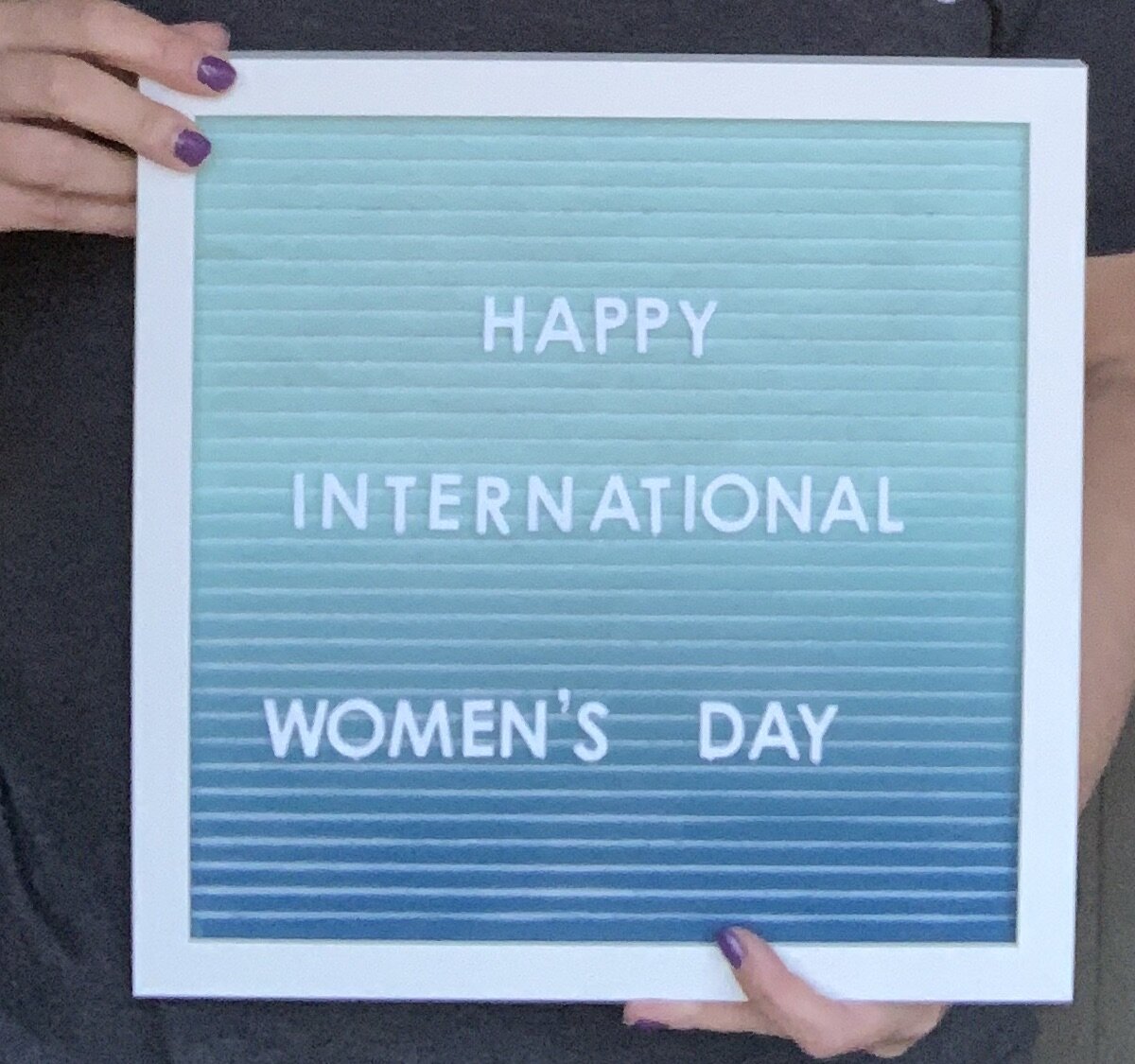International Women's Day
Here in Europe, today is a big deal: it’s International Women’s Day. All day long I’ve thought about posting and then rejected the idea. You may wonder why I’d have any reservations about it.
I’m not sure I’d ever even heard of this holiday until I moved here to Spain, and my first experience with it wasn’t exactly positive. I was working in Lavapiés, one of the more LGBTQ-friendly neighborhoods of Madrid. There was a huge parade of women marching to advocate for women’s rights and feminism as a way to celebrate the day, and their activities were eye-opening indeed. They were in various stages of dress (or lack thereof) tossing out condoms into the crowd; their placards were x-rated and so was much of their chanting and other behavior. The concept of “feminism” was highjacked by outright hedonism, and I didn’t want to be associated with that glorification of defiant sin.
Of course you may say, “Well, feminism isn’t only or always about sexual freedom or a woman’s right to choose. Isn’t it also about equal pay and other equal rights for women?” And surely I would agree with THAT. But then the awkward fact arises that one of the biggest offenders in the debate for equal rights for women is the evangelical church.
Yep, I said it.
It’s heart-breaking to say this, but it’s the church who limits women serving, preaching, or leading. And it’s the local church that often employs a married man, because then they get the wife “for free.” This inequality is evident when leaders won’t hire women, meet with women, mentor women or do anything to compromise the infamous “Billy Graham rule.” In actions such as these, the evangelical church marginalizes women and worse - does it in the name of God. It’s painful to admit that it has been Christians who have treated me with such disregard and disrespect—not the unbelieving or unredeemed.
So, somewhere between the debauchery of secular feminism and the hypocrisy of the Christian church, there has to be a way to celebrate women, recognizing them in a pure and noble truth.
I believe that can only be to treat women as Jesus did. He healed them, praised them, ate with them, and called them “Daughters of Abraham.” He forgave them, delivered them, engaged with them, and commended their decisions when they did right. He also corrected them in their sin; He called them out in their unbelief, too. He neither excused their wrongness nor abused their rights.
I hope that one day we can ALL do the same. But until that day, I’ll probably always wrestle with the concept of the holiday celebrating all of this, when I can hardly make sense of it.

